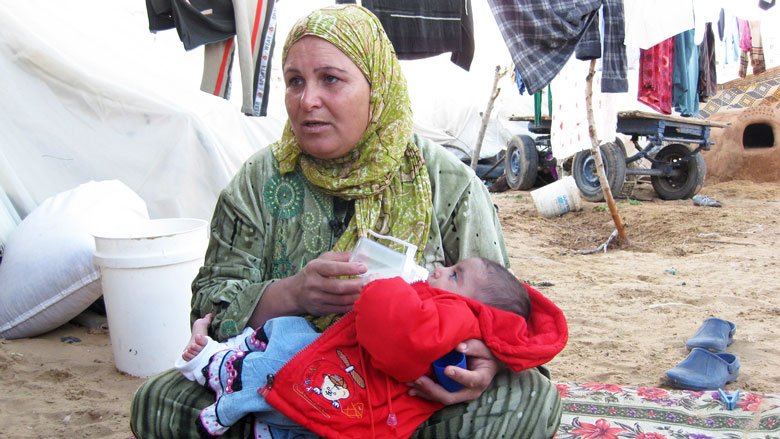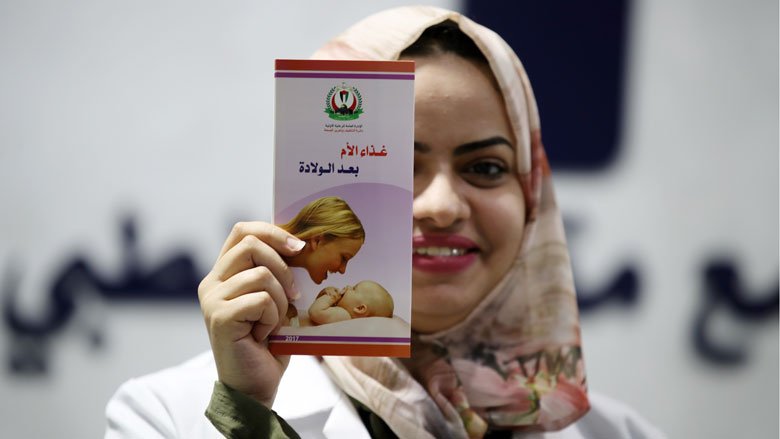The poor nutritional status of the Palestinian population is worrying, with a high prevalence of micronutrient deficiencies among groups for whom good nutrition is particularly important, such as children under five years old and pregnant and postnatal women.
There are many reasons why: In the West Bank and Gaza, heightened food insecurity contributes to an insufficient intake of micronutrients, and poor households especially have limited access to micronutrient-rich foods, such as red meat, fresh vegetables, and milk.
Other factors, such as the physical barriers that limit access to health services, as well as prolonged periods of insecurity, prevent many initiatives that have been taken to address micronutrient deficiencies from having much effect. The resulting, persistently high prevalence of micronutrient deficiency is likely to have grave consequences for human health and economic development if no action is taken.
Micronutrient deficiencies are caused by poor dietary intake and/or poor absorption of micronutrients, an increased need for micronutrients (due to childhood growth or chronic disease), the presence of parasitic, bacterial, and viral infections, and other environmental risk factors. In women and children, micronutrient deficiencies are associated with increased morbidity and mortality. They lead not only to serious health outcomes, but also to lower educational outcomes and lower productivity at work.
Micronutrient deficiencies a public health threat
Anemia is when the body lacks enough healthy red blood cells to carry oxygen to tissues. It can be caused by a lack of iron and other micronutrients. In Gaza, anemia is a severe public health problem. Over half of pregnant women and over half of children aged 6�C23 months were anemic, according to Ministry of Health (MOH) and national nutrition surveys conducted in 2018 and 2020. In the West Bank, anemia is a moderate public health problem, with more than a quarter of pregnant women and more than a quarter of children aged 6�C23 months anemic.
High proportions of the Palestinian population are also deficient in vitamins A, D, and E, which play key roles in vision, bone health, and immune function.


